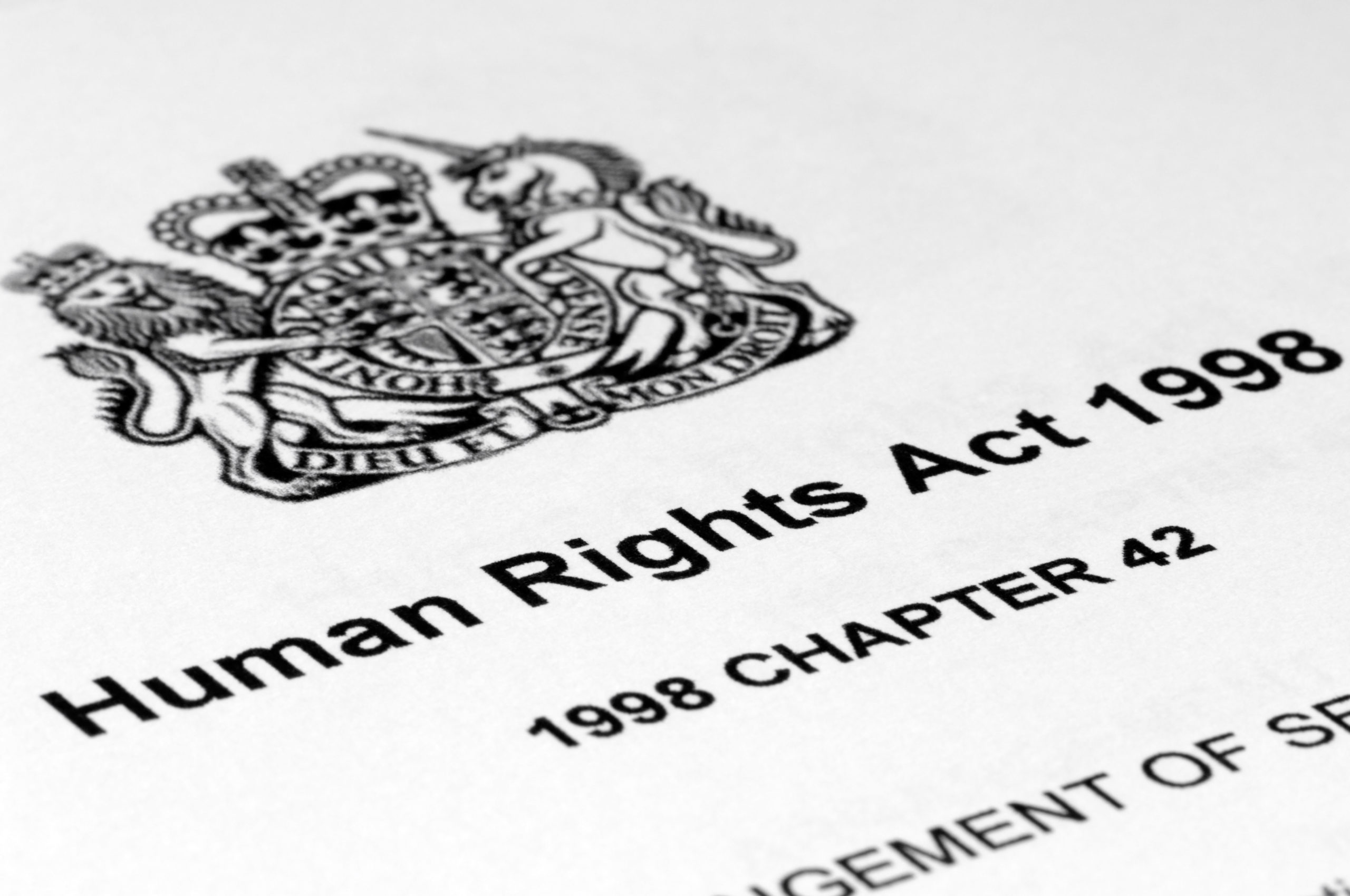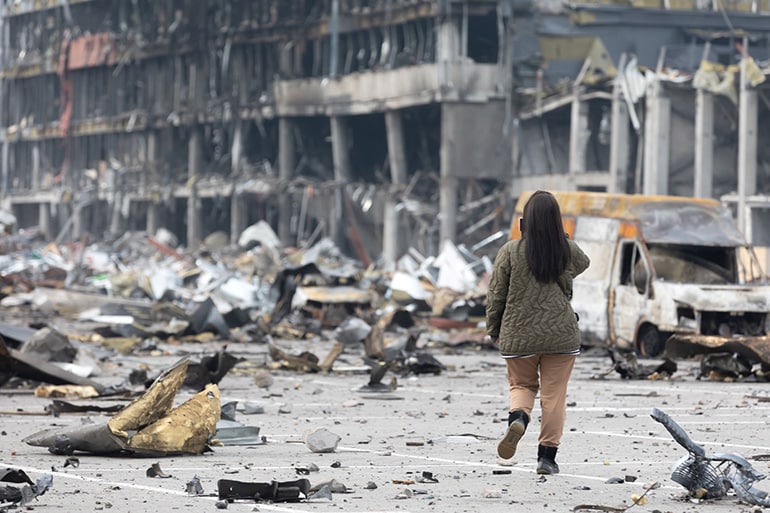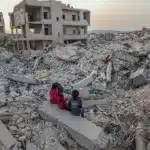Early warning in South Sudan
Strengthening civil society early warning and advocacy on identity-based violence in South Sudan
Ceasefire’s programme in South Sudan is focused on strengthening the ability of civil society to implement early warning and preventive advocacy on identity-based violence.
South Sudan has been hit by waves of identity-based conflict since December 2013, pitting Nuer forces loyal to the then Vice President Riek Machar against the Dinka-led forces of President Salva Kiir Mayardit. The conflict has repeatedly seen communities split on ethnic or tribal lines, affecting most of South Sudan’s peoples. The UN Commission of Inquiry on South Sudan has reported particularly high rates of extreme sexual violence, with rape reaching ‘grotesque levels’, leaving women and girls at critical risk, but also affecting men. Children have been recruited by armed forces on all sides of the conflict. At mid-May 2018, nearly 4.3 million people (a third of the population) had been displaced, including 1.74m IDPs and over 2.5m refugees, according to UN OCHA.
Despite a series of peace agreements, the conflict continues. This project seeks to advance a number of the stated commitments in the Agreement on the Resolution of Conflict in the Republic of South Sudan (ARCSS) and provisions on protection of civilians in Part II of the Agreement on the Cessation of Hostilities.
Civil society activists have a crucial role to play in providing early warning of identity-based violence and improving the protection of civilians. See the CEPO platform for mapping conflict violence. Security considerations and access restrictions seriously impede the ability of international actors to undertake monitoring activities on the ground. Moreover, early warning information does not always reach the relevant authorities, and preventing violations against civilians is currently accorded low priority by armed forces pre-occupied by the conflict.
Yet most of the violence in South Sudan is low tech. Increased priority by international actors – including the UN, African Union and Inter-Governmental Authority on Development, as well as governments with influence – will make it more difficult for national and local authorities, and armed opposition groups, to ignore violations and raise the pressure on them to take action to protect the rights of civilians.
Partners on this project are:
Community Empowerment for Progress Organization is a leading South Sudanese NGO based in Juba. CEPO benefits from a country-wide network of activists in South Sudan working on both humanitarian and conflict prevention activities.
This project is supported by UK Aid Direct/ Department for International Development.
Photo: © EC/ECHO



















